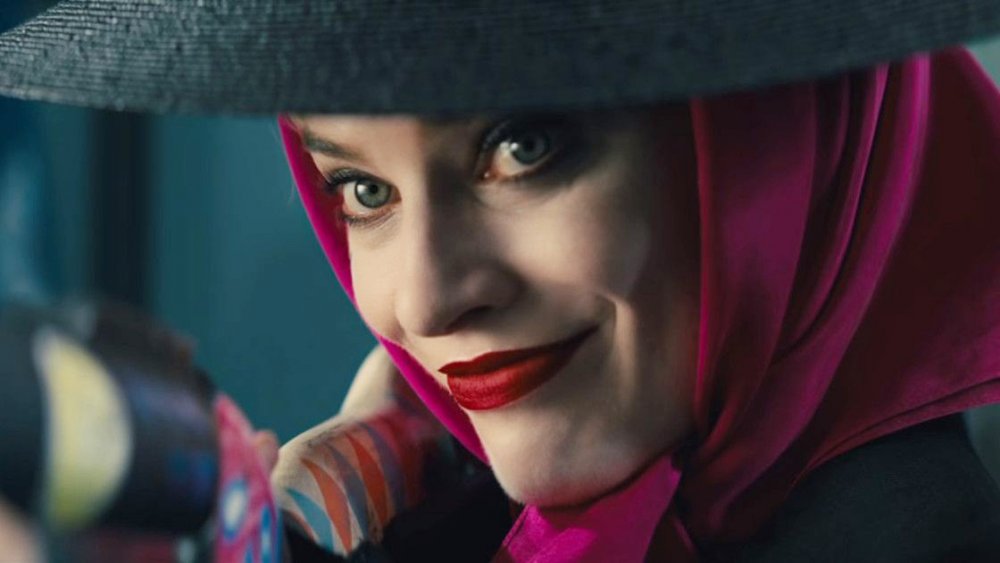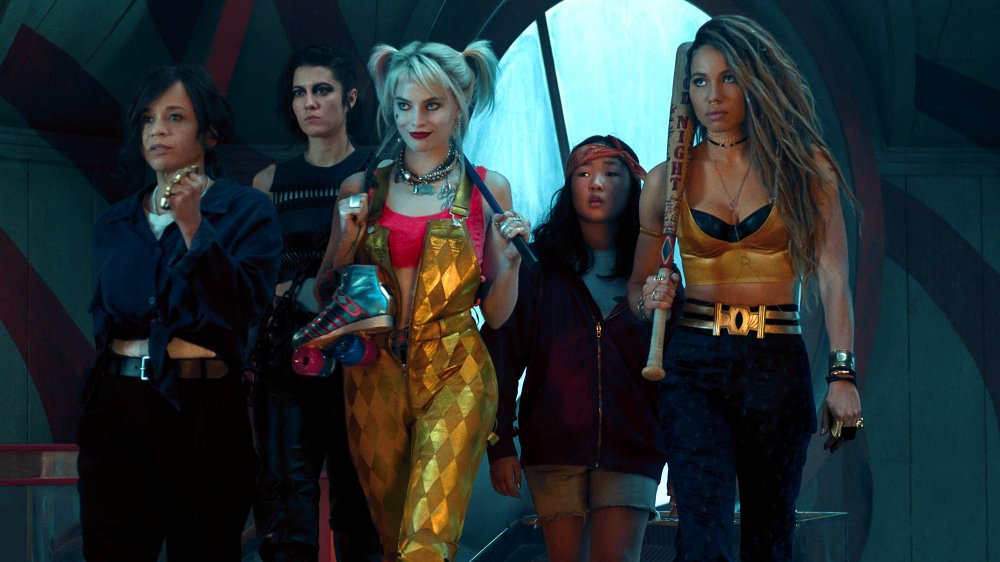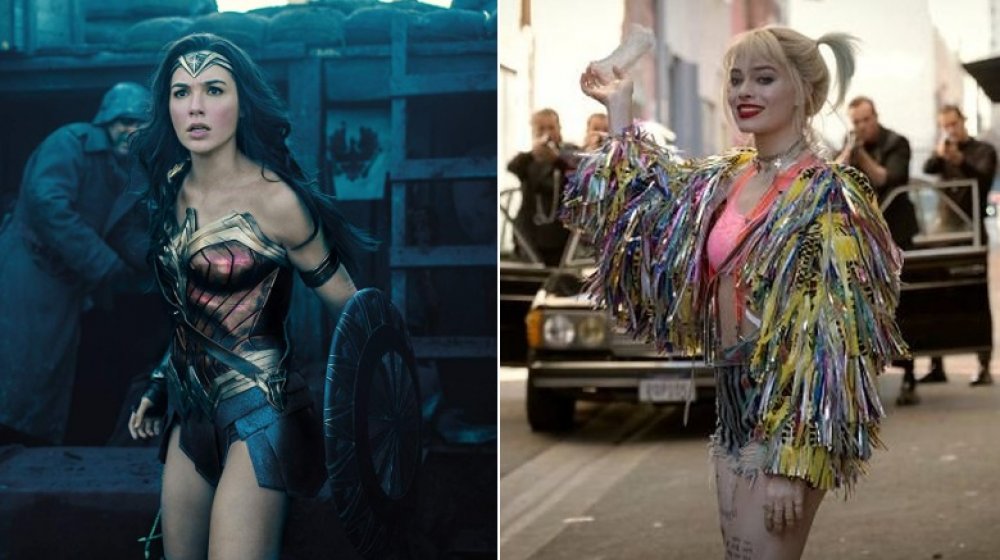Why Margot Robbie Chose Birds Of Prey Over Gotham City Sirens
There's a good reason why Birds of Prey will be DC's its first live-action — and R-rated — female-driven team-up title.
In a recent interview with Nerdist, actress Margot Robbie detailed the half-decade fight to bring her iconic Batman villain Harley Quinn to the big screen in the upcoming DCEU film Birds of Prey rather than Gotham City Sirens.
The actress-turned-producer said she began development talks with the studio behind 2016's Suicide Squad, which introduced her colorful character alongside Jared Leto's seemingly now-defunct Joker to audiences, five years ago. Attached to the film from its very conception, Robbie played a pivotal role in helping craft which heroes (or, more accurately, anti-heroes) fans would get to see.
Early on in the script development process, she came across Huntress. First appearing in 1977's ALL-STAR COMICS #69, the expert markswoman isn't a meta-human specifically, but like many in the Bat-verse, she has enhanced stamina, strength and agility. The character has played both a hero and a villain in her various iterations, and typically wields a crossbow when she's not spying or hacking. Robbie said that Huntress opened her eyes to the vast diversity of DC's female line-up, and inspired her to build a big-screen world where others could discover the characters in the way she had.
"Whilst I was researching the character, I started to read Birds of Prey, and first, I fell in love with Huntress, and I started looking into all of that," Robbie said. "I was like, 'Wow, there's so many cool female DC characters, and no one knows anything about any of them!' So what if we had a platform for fans to get to know and fall in love with some of these other amazing women?"
Margot Robbie saw Birds of Prey as a chance to elevate lesser-known DC characters
Huntress has been attached to several team-ups in the DC universe — chief among them being the Justice League of America, the Outsiders, and, most recently, Bat Girl and the Birds of Prey. A member of the Birds of Prey herself, Harley Quinn has existed similarly in the villain's realm — including as a member of the ever-popular Gotham City Sirens, a trio consisting of Quinn, Catwoman, and Poison Ivy.
In December 2016, it was reported that Harley would appear in a Gotham City Sirens film, but development on that project came to a stand-still after August 2017. Suicide Squad director David Ayer confirmed in January 2020 that Gotham City Sirens is on hold, and in her interview with Nerdist, Robbie admitted she had a hang-up about the female-led trio that made her turn to Birds of Prey first instead.
"Focusing on the Gotham City Sirens, there were only three of us, and we were all well known, whereas with Birds of Prey you can pick any grouping for that," Robbie explained. "And I thought that might be the perfect platform to introduce some female characters who might really have some legs in the DC Universe."
In the past, DC has been pretty protective of how its more prominent names have been used across its film and TV universes, and the same has held true for its villains. Trying a different team-up may have not only offered DC a chance to more carefully and intentionally debut those characters into the DCEU, but also might have left the door open for lesser-known characters and relative Hollywood newcomers to play them.
How Margot Robbie paid it forward after Wonder Woman's success
With its female-led creative team, racially diverse casting, and potential LGBTQ+ characters, Birds of Prey is uniquely positioned to leave its mark in the superhero genre. Early positive reviews and a projected $52 million opening weekend also don't hurt the film's chance to make superhero history. Yet, whatever success Birds of Prey and its stars find, it wouldn't have been possible without another DC woman blazing the trail first: Wonder Woman.
Robbie admitted as much, telling Nerdist that the road to getting her Suicide Squad spin-off was more prolonged than other films because she was pitching something that hadn't been done before.
"Even the quickest movie-making process can be at least three years, I reckon," she said. "But this one, it took a little longer, it was a tall order. It was before anyone had done an R-rated comic book film. I was saying, 'I want to do an R-rated film.' It was before Wonder Woman and I was saying, 'I want a female-led action film' – you know, those things weren't being done yet."
Unlike Marvel, which waited nearly a full decade to release a female-fronted film with 2019's Captain Maravel, DC made the move earlier on in its race to build a shared cinematic universe. And the decision paid off.
"Once everyone was on board, some other things started coming out to help them feel like, 'Oh yeah, this could work," Robbie added. "After that, it started to move really fast, but in the initial stages, I think what I was pitching sounded crazy."
In 2017, Wonder Woman became the first female-led superhero film in more than 10 years, as well as the first to be directed by a woman. At the time, it was also the top-grossing live-action film by a female director. These successes not only paved the way for one of the most diverse and inclusive female-fronted films ever made, but have also given Harley and her crew a chance to take a bat to film's glass ceilings once again.


